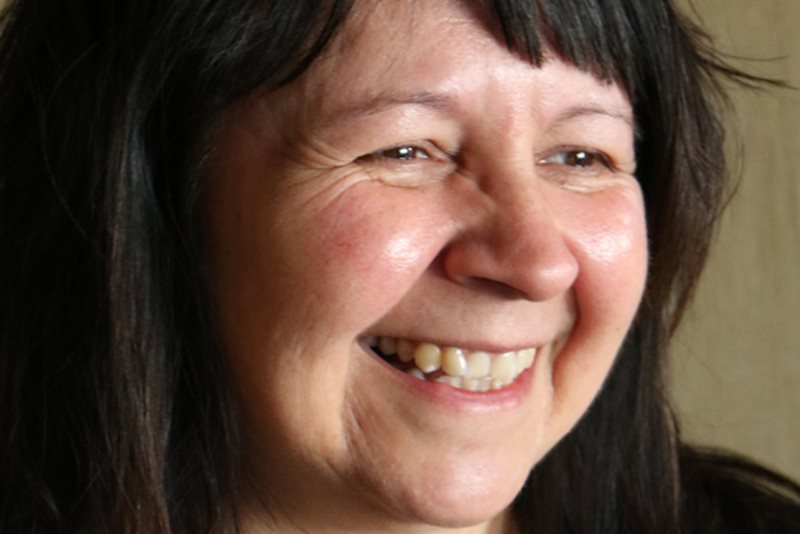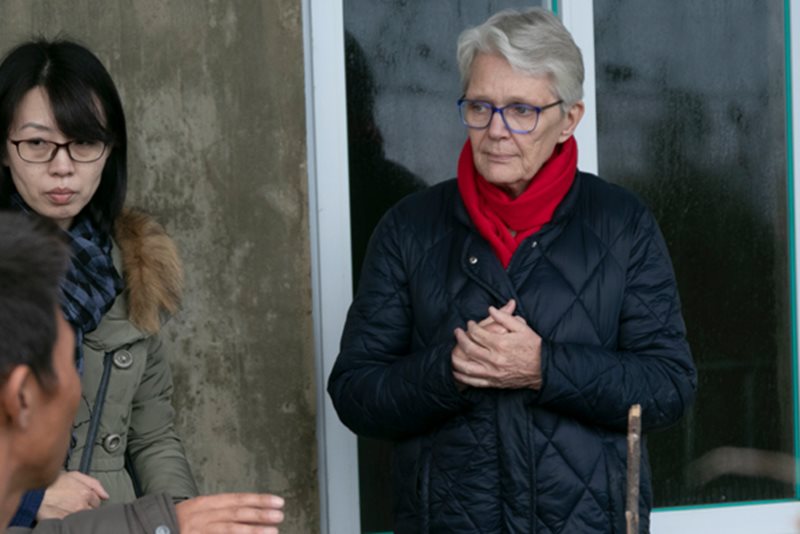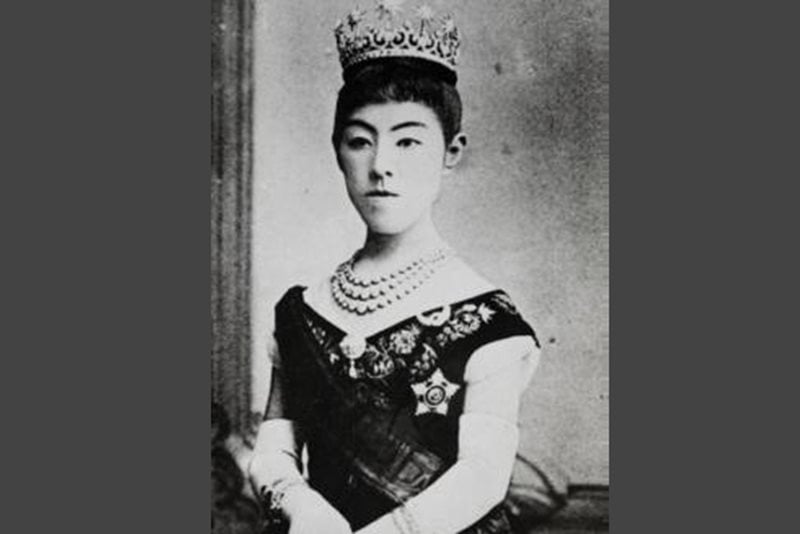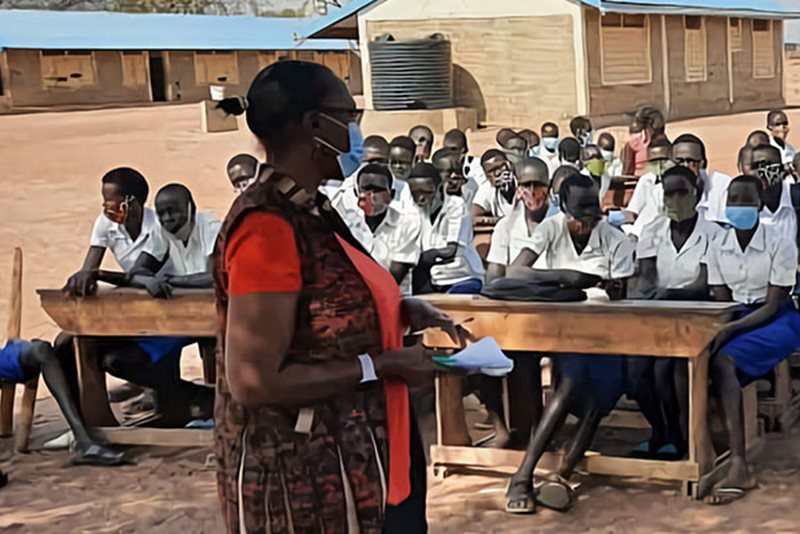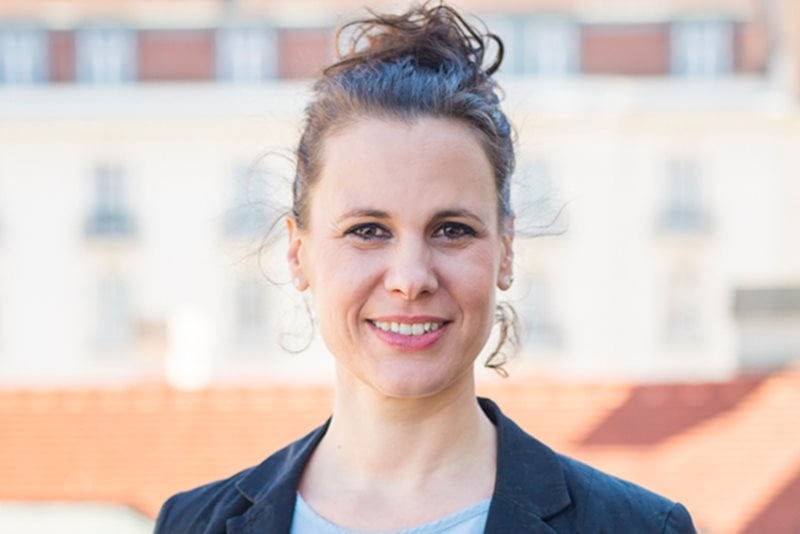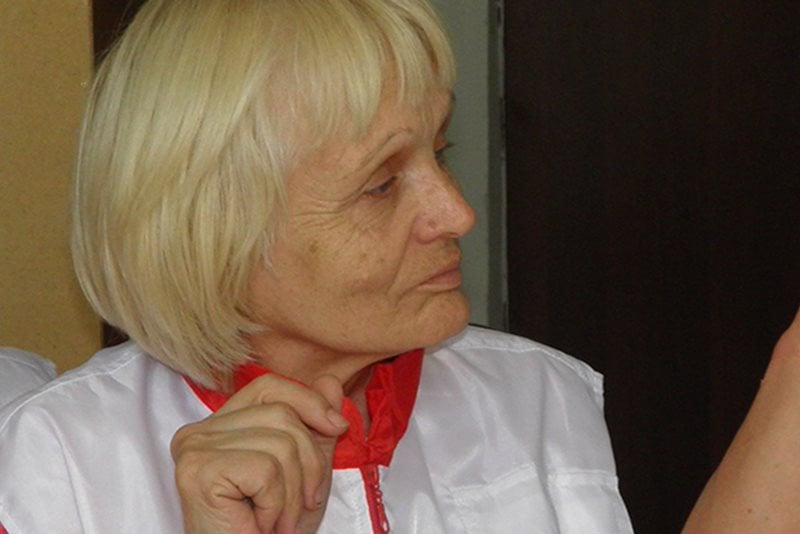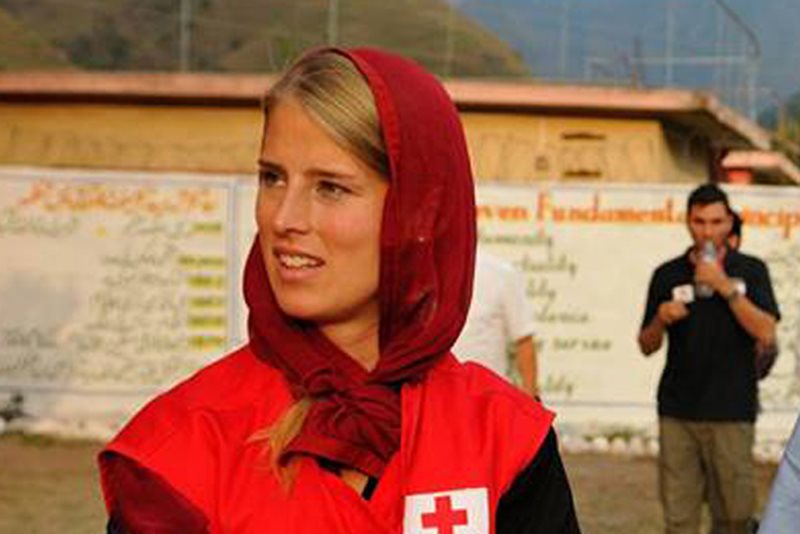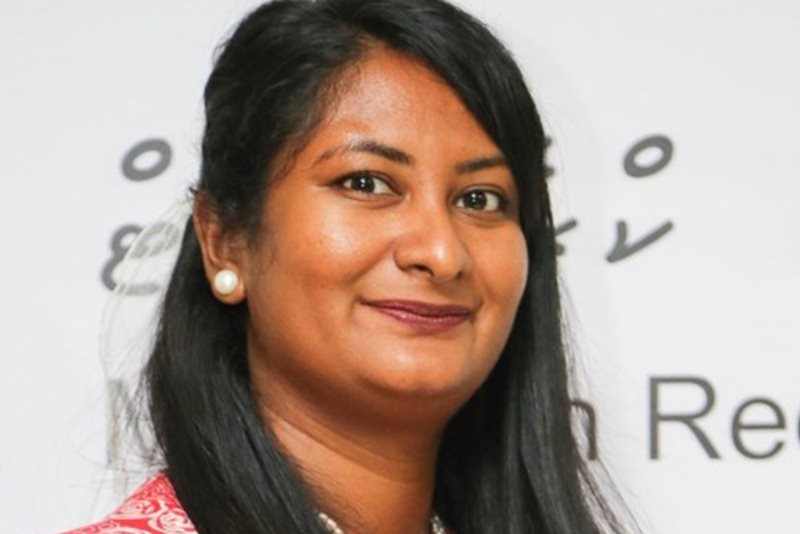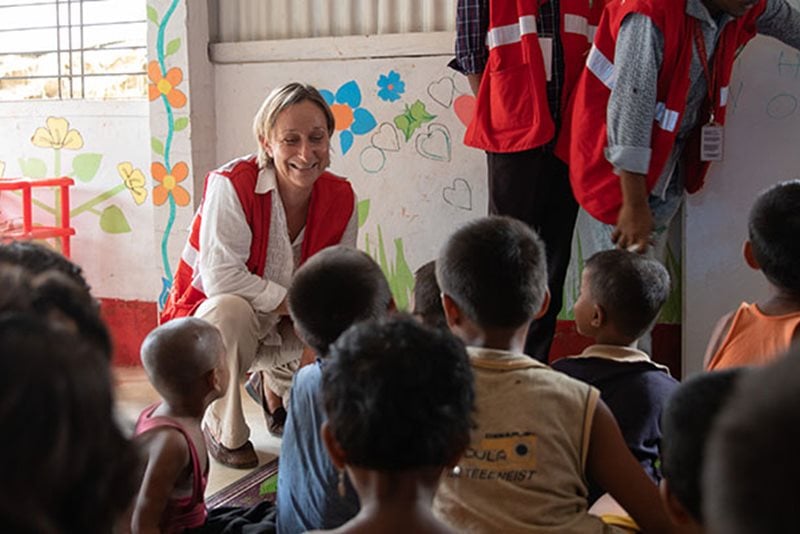
Cécile Aptel is the former IFRC Director of Policy, Strategy and Knowledge and Acting Under Secretary General. After being a supporter of the Red Cross Red Crescent’s work for many years, she joined between 2018 and 2020. Cécile remembers that some of the most rewarding part of her work was to take part in the development and adoption of a revised IFRC gender and diversity policy (available here) and the Strategy 2030 (available here), that calls for a more diverse leadership and in particular for more women and young leaders. ” Importantly, Strategy 2030 also highlights the importance of climate change and how this is a priority area for many National Societies of the Red Cross and Red Crescent around the World. I feel very privileged to have been able to lead these advances.”
– Cécile Aptel, IFRC” Our principles of humanity and impartiality demand that there be no discrimination on any basis.”
” For me, diversity is key to a humanitarian organization delivering better support and services and ensuring that the suffering of anyone in need is relieved. I always say that we must be diverse in what we do, how we do it, and also in who we are.”
When it comes to female leadership in the IFRC, Cécile is convinced that more needs to be done and she highlights the numbers presented in the IFRC Everyone Counts Report, from 2019. ”As of 2017, women comprised 52% of Red Cross and Red Crescent volunteers, 50% of National Society staff, and 45% of IFRC’s paid staff worldwide. Yet, the percentage of women on IFRC’s Governing Board was only 17% – significantly lower than the 31% figure across National Societies. Globally, only 21% of National Society Presidents and just 31% of National Society Secretaries General are women. So we definitely need more women at leadership levels.”
”Sadly, we know from experience that women and girls are often disproportionately affected by disasters or crises, and are at higher risk of violence, abuse, neglect, discrimination, and being left behind. To effectively reach these women and girls, we must ourselves be inclusive and include and respect women and girls’ perspectives at all levels of decision-making, from the design of a programme to its evaluation, and all the way through its delivery. Therefore, we must have women at all levels, including the highest ones.
A more diverse and gender-balanced leadership would better reflect the communities we work alongside and be better able to harness the full power of humanity in all its diversity. The numbers I just mentioned provide a baseline but sex disaggregation is only one of the indicators of gender equality: other issues should be taken into consideration when striving for a more inclusive IFRC.”
– Cécile Aptel, IFRC” The barriers that prevent skilled, talented, and committed women from progressing are both structural and cultural”
” The IFRC announced in 2019 that, by 2028, its secretariat will have gender parity at all staffing levels. The Secretariat is also working with National Societies across the world to help them set their own targets based on their own analysis of current staffing as well as projected growth and staff turnover.
Because there are structural and cultural barriers preventing women from progressing, everyone should actively work together to dismantle those barriers, including – or especially – men in leadership positions. We must energetically demand these changes.”

When women are included, peace negotiations are 35% more likely to succeed.



